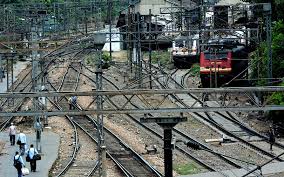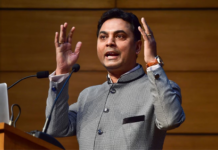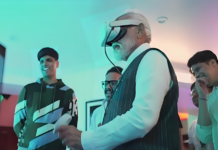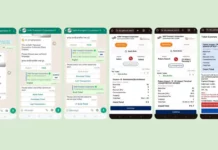 NEW DELHI: Researchers at the Indian Institute of Technology, Roorkee, have developed computer vision approach for the monitoring of railway tracks using drones and satellite data.
NEW DELHI: Researchers at the Indian Institute of Technology, Roorkee, have developed computer vision approach for the monitoring of railway tracks using drones and satellite data.
The aim of the project is to provide some automated techniques for track inspection, which is carried out manually at present.
“Railway track health monitoring is one of the major tasks in the railway inspection and monitoring system which is performed in order to maintain safety and security.
“The track-monitoring task involves inspection of various railroad components such as loose rail fasteners, defect in clips and switches, broken and misplaced crossings, cracks in various components of track and gauge measurement between the rails,” said Dharmendra Singh, professor and coordinator of the project.
“In course of time, rail track components develop various defects like: loose rail fasteners, rail cracks, rail burns, misplaced crossties, broken crossties, a problem with the joints, and defect at switches as well as less visually evident defects like shifting from the mathematical model of track geometry over time. In particular, a common problem in the railroad industry is the tendency of rails to deviate from their proper gauge,” he added.
In the new technology titled “Railtel”, the inspection of rail tracks will be done by applying image processing and computer vision techniques on drone images.
“Images and generated data obtained from the drone will be analyzed which gives useful information about the health of the rail tracks. The method will improve efficiency, objectivity and accuracy in the inspection system which is often unattainable through human inspection,” Singh said.
The objectives of the new technology are pre-processing of the data collected using a drone; creation of reasonable, simple, and fast computer vision algorithm that is capable of processing the experimental field data and finding railroad defects reliably; comparative evaluation of the performance of different algorithms and design schematics uncovering their better and worse features. PTI






